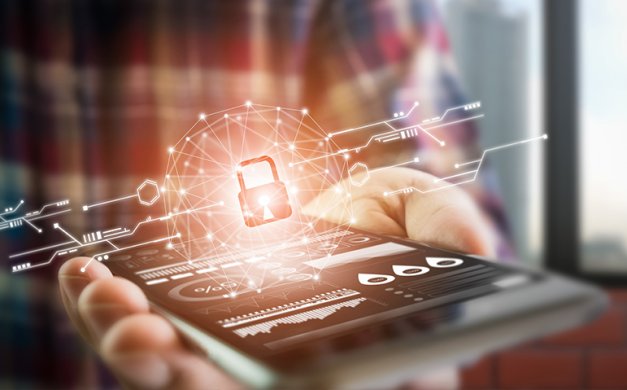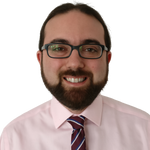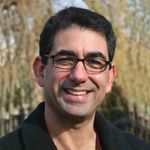Cyber Security Researchers Weigh in on How to Protect Ourselves
In celebration of Cyber Awareness Month, BU Research published an article through their page on Medium covering cybersecurity and what we can do to protect ourselves. Over 80% of Americans have smartphones with mobile apps on them and this article outlines how hackers can get into your phone through your apps.
The article quoted responses from 3 BU Professors with affiliation to the Hariri Institute for Computing. The professors and their responses to several questions were:
 Q: How can we protect ourselves in a connected world?
Q: How can we protect ourselves in a connected world?
“The best way to protect yourself is to be aware of this, and keep all smart devices away from your most intimate environments.”
– Ari Trachtenberg, Professor, Electrical & Computer Engineering, ENG
Q: What is the most overlooked security feature?
“Enabling two-factor authentication can help people keep their online accounts safe.”
– Gianluca Stringhini, Assistant Professor, Electrical and Computer Engineering, ENG
Q: How are we putting our personal information at risk when using social media?
“These content, social platform, and app providers sell this data to third parties who can weaponize it against us — catching us at our weak moments and manipulating our thoughts and behavior.”
– Ran Canetti, Professor, Computer Science, CAS
The BU Cyber Security, Law, and Society Alliance (Cyber Alliance) is a collaboration between computer science researchers, law professors, and social scientists to position BU as a leader in the burgeoning global discussion on cybersecurity. The alliance aims to leverage BU’s disciplinary breadth to create opportunities for cross-disciplinary debate, research, and activities in pursuit of this goal. The purpose of the Center for Reliable Information Systems and Cyber Security (RISCS) is to promote and coordinate research and education in system reliability and information security by emphasizing a multidisciplinary approach that includes fields as diverse as reliable and secure computations, engineering, economics, ethics, and law.


